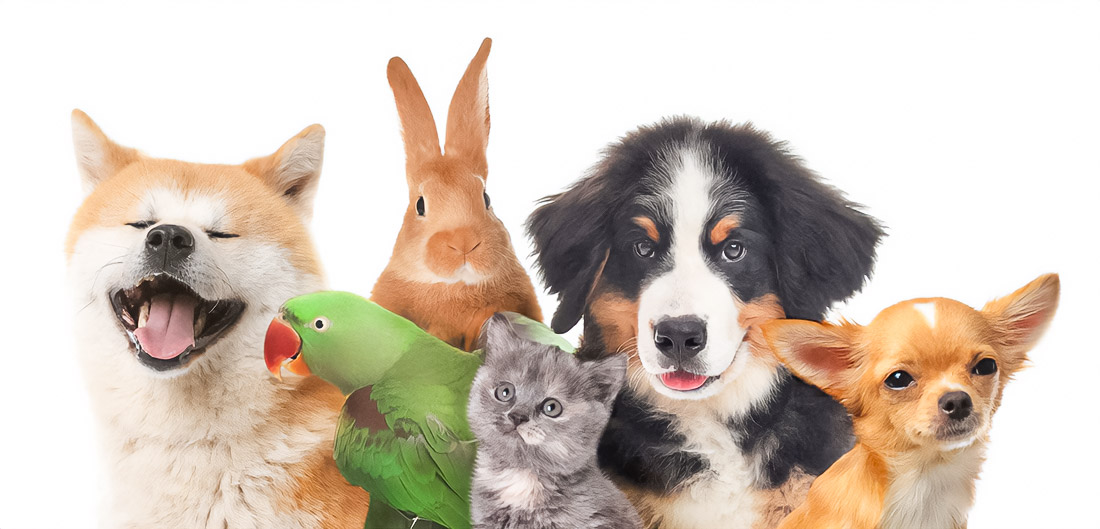
Every year, diagnosing cancer diseases in animals becomes more precise and early, thanks to advanced development of technologies. If you are looking for professional help, contact the best vet in Dubai. One of the leading methods of imaging in veterinary oncology is computed tomography (CT), which allows veterinarians to obtain three-dimensional images of internal organs and soft tissues. More than 85% of cases reveal tumors at stages when treatment is still possible.
No less role plays magnetic-resonance tomography (MRI), especially in the diagnosis of complex brain and spinal cord tumors. Complete clinical data show that the use of these technologies increases the accuracy of diagnosis by 60%.
Development of molecular diagnostics and genetic testing provide additional tools for specification of disease. Such tests can predict predisposition to cancer diseases in 70% of examined animals. Veterinarians get opportunity to develop individual treatment plans based on genetic profile of patient, which ensures higher success rates of therapy.
Page Content
Technologies of destruction barriers: Modern methods of diagnosis of cancer in animals

Towards breakthrough: Emergence of newest methods of treatment
In recent years, significant successes in the treatment of oncological diseases in animals have been made thanks to innovative methods. Targeted therapy became one of the key methods aimed at specific molecules involved in the growth and development of tumors. This allows for reduced side effects and significantly increases the life expectancy of animals. For a deeper understanding, you can learn about targeted therapy on Wikipedia.
According to statistics, use of immunotherapy for treatment of cancer showed promising results in 40% patients with aggressive forms, such as melanoma and lymphoma. Methods based on activation of immune system applied more widely, offering hope not only for small domestic animals, but also for large animals, such as horses.
Innovative genetic approaches, including methods of gene editing, such as CRISPR/Cas9, open new opportunities in the use of genetic manipulations for the treatment of hereditary forms of cancer. These technologies promise to open new horizons in treatment, offering up to a 30% increase in effectiveness in specific cases. Learn more about CRISPR/Cas9 on Wikipedia.
Clinical research: Foundation of future victories over cancer
Clinical trials are heart of veterinary research, where tested new drugs and methods. Recent studies proved effectiveness of innovative kinase inhibitors in dogs with osteosarcoma, increasing survival by 25% compared to traditional therapy. This not only gives new impetus in fight with special forms of cancer, but also opens doors to new treatment opportunities.
Successful clinical cases: Illustrative examples of victory over cancer
- Treatment of lymphoma in dogs with the help of targeted therapy showed significant improvement in 50% of cases, achieving long-term remission.
- Use of immunotherapy against melanoma in horses brought significant results, increasing survival up to 70% in some clinical trials.
Dive into the future: Technologies and directions for veterinary oncology
Artificial intelligence (AI) gains huge importance in future veterinary diagnostics. AI can accelerate data analysis by 40%, helping make more accurate conclusions and decisions. For a deeper understanding of AI applications in veterinary medicine, visit page about AI in healthcare on Wikipedia.
Personalized medicine promises to radically change approaches to treatment, providing unique, tailored therapies. Research in genomics and proteomics offer new perspectives for creation of therapies considering individual characteristics of each patient.
Methods of early detection and prevention of cancer must be strengthened. Education of owners can lead to earlier diagnosis and more successful treatment outcomes.
Veterinary oncology continues rapid development, surprising with its achievements and opening new opportunities. Continuous research and innovation undoubtedly improve the quality of life of our pets, providing veterinarians with reliable tools for fighting cancer.
Snowboarder, shiba-inu lover, ukulelist, vintage furniture lover and brand builder. Doing at the junction of simplicity and computer science to develop visual solutions that inform and persuade. Let’s make every day A RAZZLE-DAZZLE MUSICAL.
